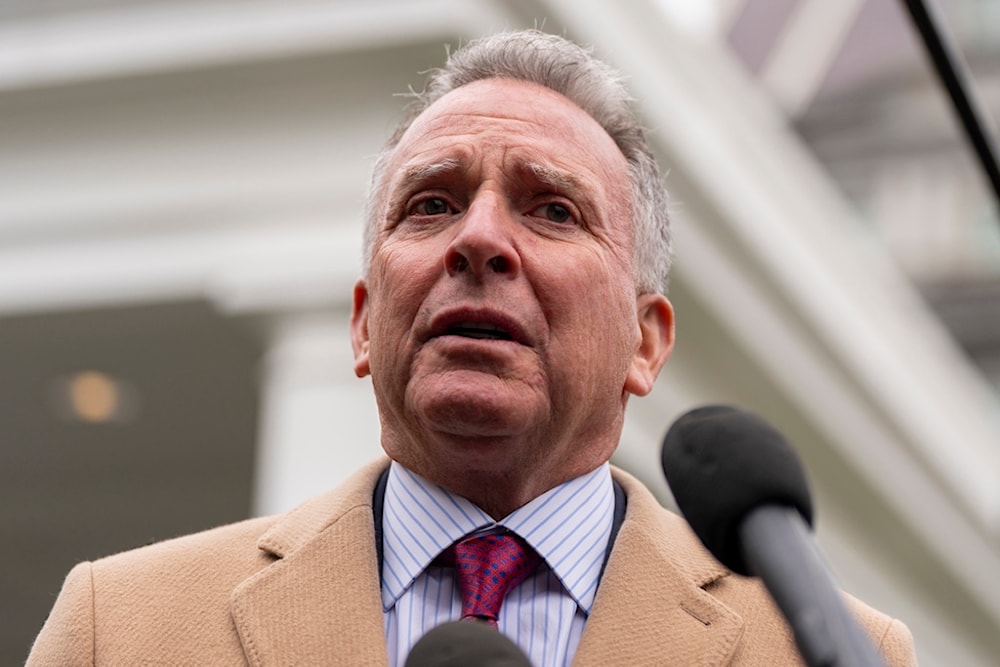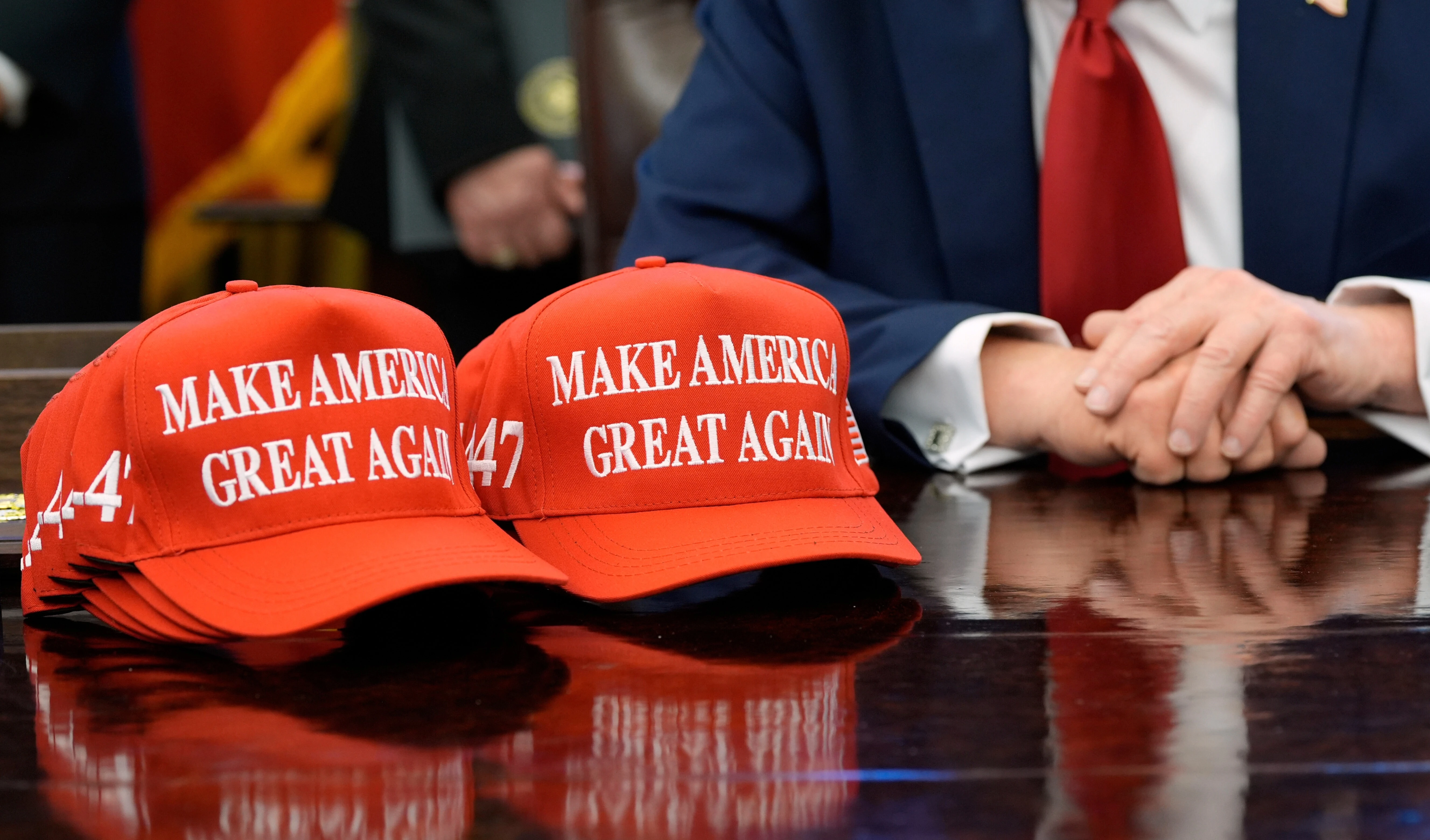Trump Admin. ready for compromises with Iran ahead of talks: Witkoff
The Trump administration is signaling willingness to make concessions in upcoming indirect nuclear talks with Iran in Oman, while maintaining key demands and facing Iranian skepticism over US sincerity.
-

US special envoy Steve Witkoff, accompanied by White House press secretary Karoline Leavitt, speaks with reporters at the White House, Thursday, March 6, 2025, in Washington (AP)
The Wall Street Journal on Friday published an interview with US Special Envoy Steven Witkoff, who acknowledged that the Trump administration is prepared to make concessions to Iran in an effort to secure a new nuclear agreement. His comments come ahead of indirect talks set to begin on April 12 in Muscat, Oman, the first formal negotiations between the two countries in years, following the US's unilateral withdrawal from the 2015 nuclear deal.
Despite signaling openness, Witkoff noted that any potential agreement would still be bound by longstanding US conditions. "I think our position begins with the dismantlement of your [Iranian nuclear] program. That is our position today," he told WSJ, reiterating the Trump administration's refusal to acknowledge Iran's sovereign right to peaceful nuclear development under its own framework.
While hinting at flexibility, Witkoff stressed Washington's commitment to maintaining its so-called "red lines," stating that there may be "other ways to find compromise between the two countries," but that any resolution must include "verification measures" — a reference to intrusive oversight mechanisms. This insistence comes despite Iran's repeated assertions that its nuclear program is civilian in nature and remains under International Atomic Energy Agency (IAEA) monitoring.
Should Iran refuse to scale back its nuclear activity, Witkoff said the issue would be escalated directly to Trump, who in recent weeks has renewed pressure on Tehran through fresh rounds of sanctions, military deployments, and a two-month deadline to reach an agreement.
Diplomatic Crossroads
In a separate development, Trump confirmed this week that a joint military operation with "Israel" remains under consideration, a position that Tehran views as a threat and a deliberate attempt to sabotage diplomatic progress. Iranian officials warned that such rhetoric undermines confidence-building and could trigger reciprocal actions, including the expulsion of IAEA inspectors or relocation of enriched uranium stockpiles.
Read more: Trump: 'Israel' would lead Iran strike if nuclear talks fall apart
Although Trump claimed on Monday that direct negotiations with Iran had already begun, Tehran has firmly denied this, stressing that only indirect talks will take place, mediated by Oman's Prime Minister. Foreign Minister Abbas Araghchi and US envoy Witkoff are expected to lead their respective delegations.
Iranian Foreign Ministry spokesperson Esmaeil Baqaei stated on Friday that Tehran is giving diplomacy a "genuine chance" and will assess the US delegation's intent during the talks. Senior Iranian advisor Ali Shamkhani added that if the US enters the talks sincerely, "the path will be clear and straightforward." However, he warned that continuing threats or coercive tactics could lead Iran to reconsider its current level of cooperation.
In the lead-up to the negotiations, Iran has floated the idea of proposing an interim agreement to ease tensions and create space for a broader deal. According to sources cited by Axios, such a proposal could include scaling back uranium enrichment, expanding IAEA access, and easing sanctions, contingent on reciprocal US action.

 3 Min Read
3 Min Read










